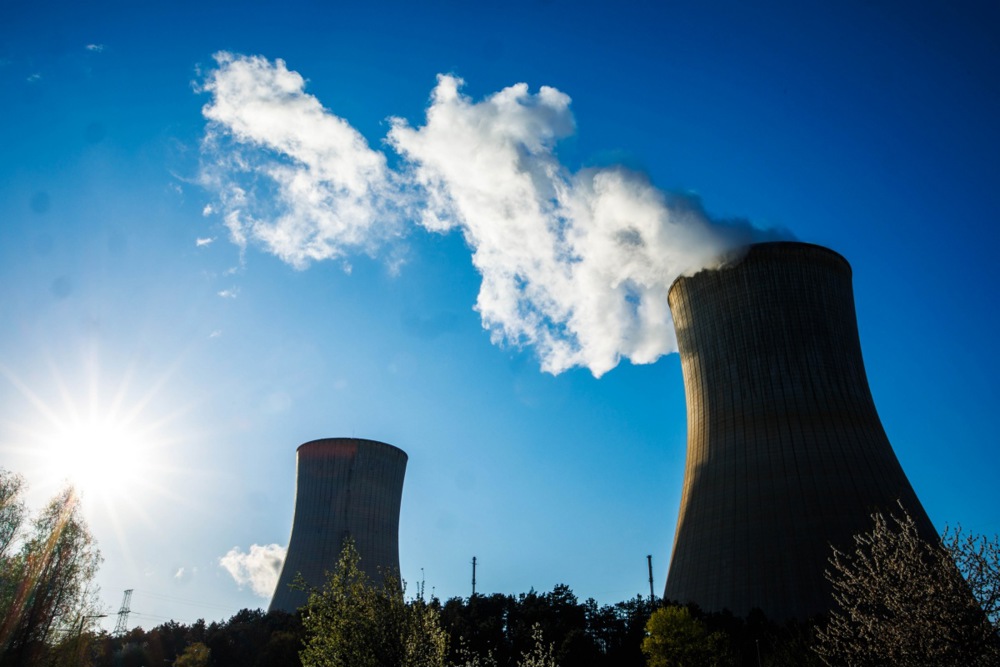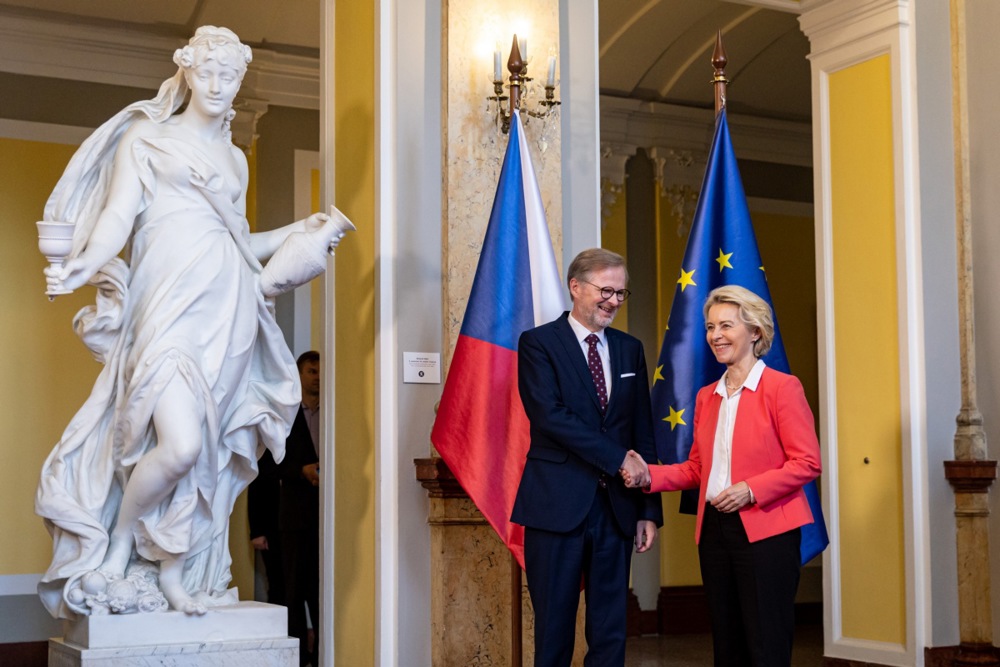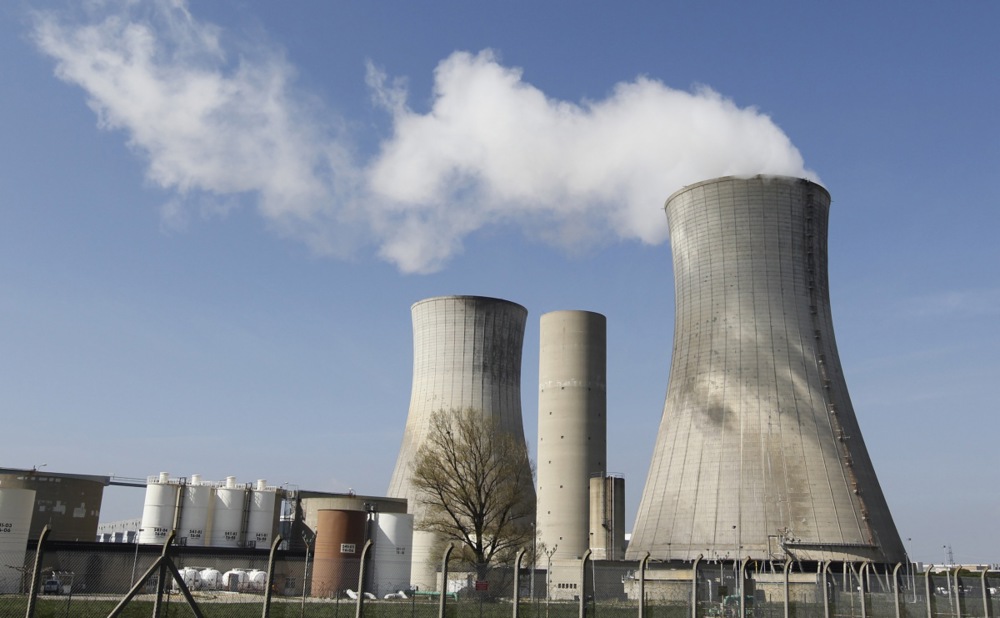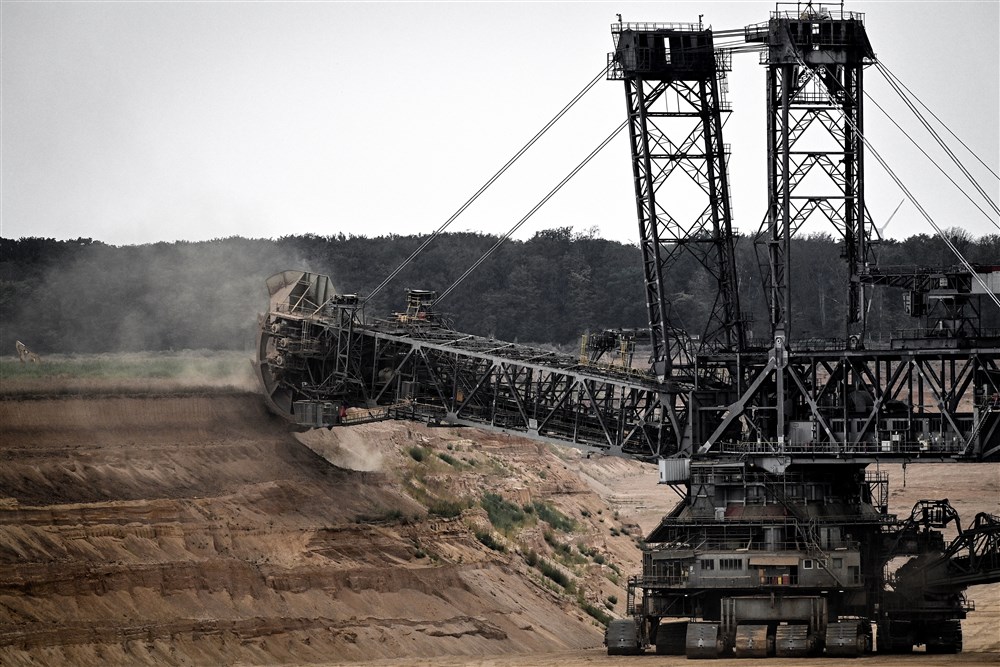At the COP28 climate summit in Dubai, 22 countries, including eleven European Union Member States, have pledged to triple nuclear energy capacity by 2050.
The COP28 pledge, a non-binding declaration, acknowledges “the key role of nuclear energy, a clean and reliable energy source, in achieving global net-zero greenhouse gas emissions/carbon neutrality by or around mid-century”, in line with the Paris Accord.
By 2050, the intention is to triple the nations’ nuclear capacity from that of 2020. It is based on the viewpoint that bringing nuclear power back will be essential to reduce carbon emissions to almost zero in the coming decades.
The US, the UK and South Korea joined the EU states and eight other nations in signing the pledge.
The EU countries that joined are: Czechia, Finland, Hungary, the Netherlands, Poland, Romania, Slovakia, Slovenia, Bulgaria Sweden and France. Member State hopefuls Moldova and Ukraine also enrolled.
Belgium’s Prime Minister Alexander De Croo, whose country has banned the use of nuclear energy by law and is closing down its atomic power plants, did not sign the pledge. He said its nuclear plants could remain running for the next two decades.
That standpoint seems likely to irritate De Croo’s Green coalition partners.
Powerful lineup.
Extraordinary moment for world energy. pic.twitter.com/h4XiIpd2GJ
— Mark Nelson (@energybants) December 2, 2023
French President Emmanuel Macron declared that nuclear energy, particularly “small modular reactors”, were an “indispensable solution” to tackling global warming.
Approximately 70 per cent of the electricity produced in France, the leading nuclear-energy player in Europe, comes from its atomic power plants.
For France to triple nuclear energy capacity by 2050, which many say would also help Europe in lowering its reliance on Russian gas and oil, a major financial commitment would be required.
Macron and his colleagues urged international financial institutions, including the World Bank, to assist in providing funds for the necessary nuclear projects.
Swedish Prime Minister Ulf Kristersson said governments needed to “take a role in sharing the financial risks to strengthen the conditions and provide additional incentives for investments in nuclear energy”.
Some 170 world leaders are being hosted by the UAE in Dubai for COP28, which wraps up on December 12. They are there to discuss the necessary steps to mitigate climate change and maintain global temperatures at no more than 1.5 degrees Celsius above pre-industrial levels
Decarbonising transportation, industry, heating and electricity production are seen as key factors in lowering emissions worldwide.
UAE energy minister Suhail Al Mazrouei said his country had taken the decision in 2009 to pursue nuclear energy, stating the oil-rich Middle East powerhouse “is decarbonising energy-intensive and heavy industry across the country.”
“We see nuclear as part of a balanced portfolio of energy and we are committed to working with other countries to show how we have delivered this in a safe and sustainable way.”
While the promotion of nuclear energy is being hailed by the 22 world leaders who signed the deal, environmentalists are not convinced.
According to Oil Change International researcher David Tong, the pledge contradicts the fact that extending nuclear energy production would be prohibitively expensive and would take too long to make any significant effect.
He called the COP28 deal a self-serving political covenant that failed to acknowledge the “menial role” nuclear is expected to play in the energy transition.
“Nuclear technology is growing very slowly; nothing like tripling,” he stated.
Greenpeace said in a press statement that the announcement was “divorced from reality” and took a swipe at Macron.
“Like on the national stage where France shines through its mediocrity in the development of renewable energy sources, Emmanuel Macron’s pro-nuclear obsession actually masks his lack of seriousness in climate action,” said Pauline Boyer, Energy Transition Campaigner at Greenpeace France.
.
Update: more countries signed the pledge for 3x nuclear
Mongolia ?
Morocco ??
Ghana
Moldova
Hungary
Slovenia
Netherlands ?NOT Belgium, they may join later
+ USA, Japan, France, SK, UK, UAE, Canada, Romania, Slovakia, Sweden, Poland, Finland, Ukraine, Czechia, Bulgaria https://t.co/SluSS889SL
— Mark Nelson (@energybants) December 2, 2023





